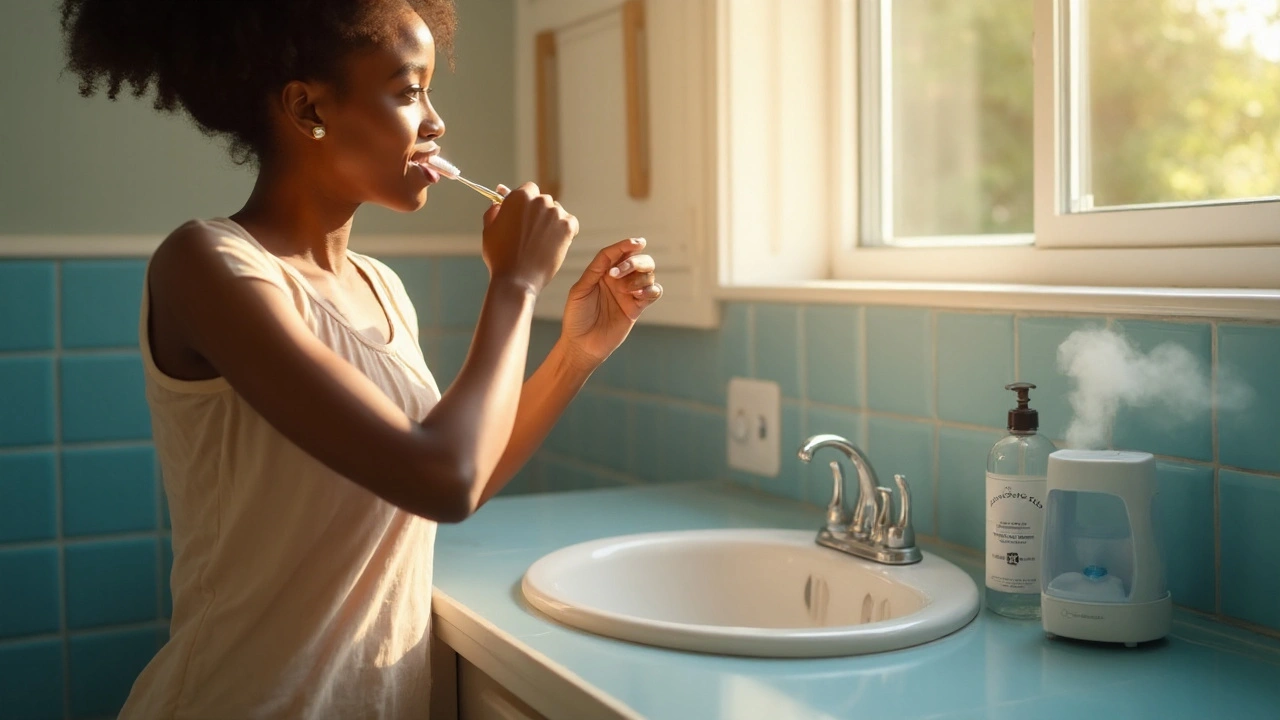Dental Care During Chemotherapy: What You Need to Know
Chemo can turn a simple tooth brushing routine into a real challenge. Between dry mouth, sore gums, and a weakened immune system, you might wonder how to keep your mouth safe. The good news? A few easy habits can protect your teeth, reduce pain, and lower the risk of infections that could derail your treatment.
Why Your Mouth Needs Extra Attention
When chemo attacks rapidly dividing cells, it doesn’t stop at cancer. The cells lining your mouth are hit too, leading to mouth sores, swollen gums, and less saliva. Less saliva means fewer natural defenses against bacteria, so plaque can build up faster. Infections that start in the mouth can spread to the bloodstream, which is the last thing you want while your immune system is already low.
Because of this, your dentist becomes part of your cancer care team. They can spot trouble early, suggest fluoride treatments, and guide you on safe oral products. If you haven’t talked to a dentist yet, ask your oncologist for a referral before your next chemo cycle.
Simple Daily Habits That Make a Big Difference
1. Choose a soft toothbrush and gentle strokes. A soft‑bristled brush cleans without irritating sore gums. Brush twice a day for two minutes, using light circular motions.
2. Use a fluoride mouthwash. Look for alcohol‑free rinses with at least 0.05% fluoride. Swish for 30 seconds after brushing to strengthen enamel and prevent decay.
3. Stay hydrated. Sip water often to keep your mouth moist. If dry mouth is severe, sugar‑free lozenges or saliva substitutes can help.
4. Avoid irritants. Skip spicy, acidic, or crunchy foods that can hurt sores. Choose soft, bland foods like oatmeal, yogurt, and scrambled eggs when your mouth feels raw.
5. Schedule regular dental check‑ups. Aim for a cleaning every 3–4 months during treatment. Let the dentist know the exact dates of your chemo cycles so they can plan visits when your blood counts are higher.
These habits don’t take much time, but they give your body a fighting chance to stay infection‑free. If you notice bleeding gums, persistent pain, or a new white patch, call your dentist or oncologist right away.
Chemo can be tough, but protecting your mouth is a simple way to keep one part of your health under control. Stick to the basics, stay in touch with your dental team, and you’ll reduce the chances of mouth problems interrupting your cancer care.

Leukemia and Dental Health: Oral Hygiene Guide to Prevent Sores, Infections, and Bleeding
Haig Sandavol Sep 1 20Practical oral care guide for people with leukemia: daily routine, safe products, mucositis and bleeding control, when to see a dentist, and red flags.
More Detail